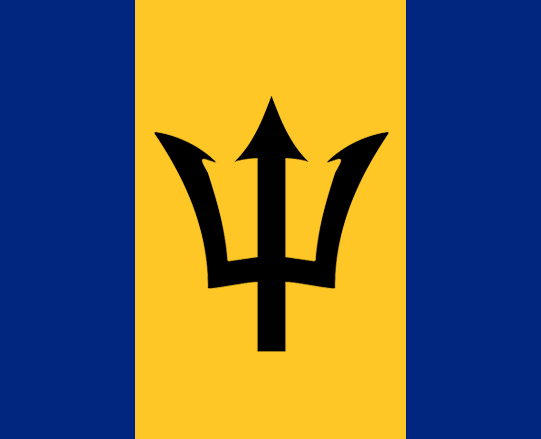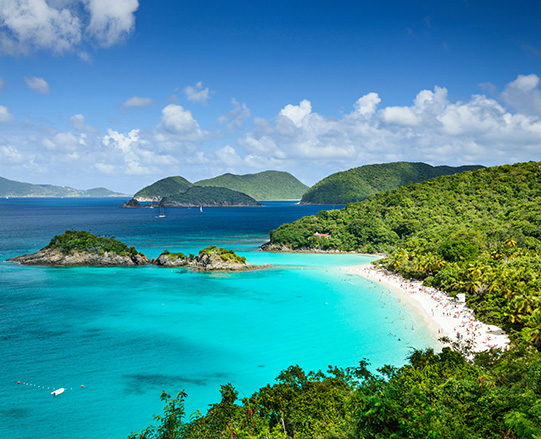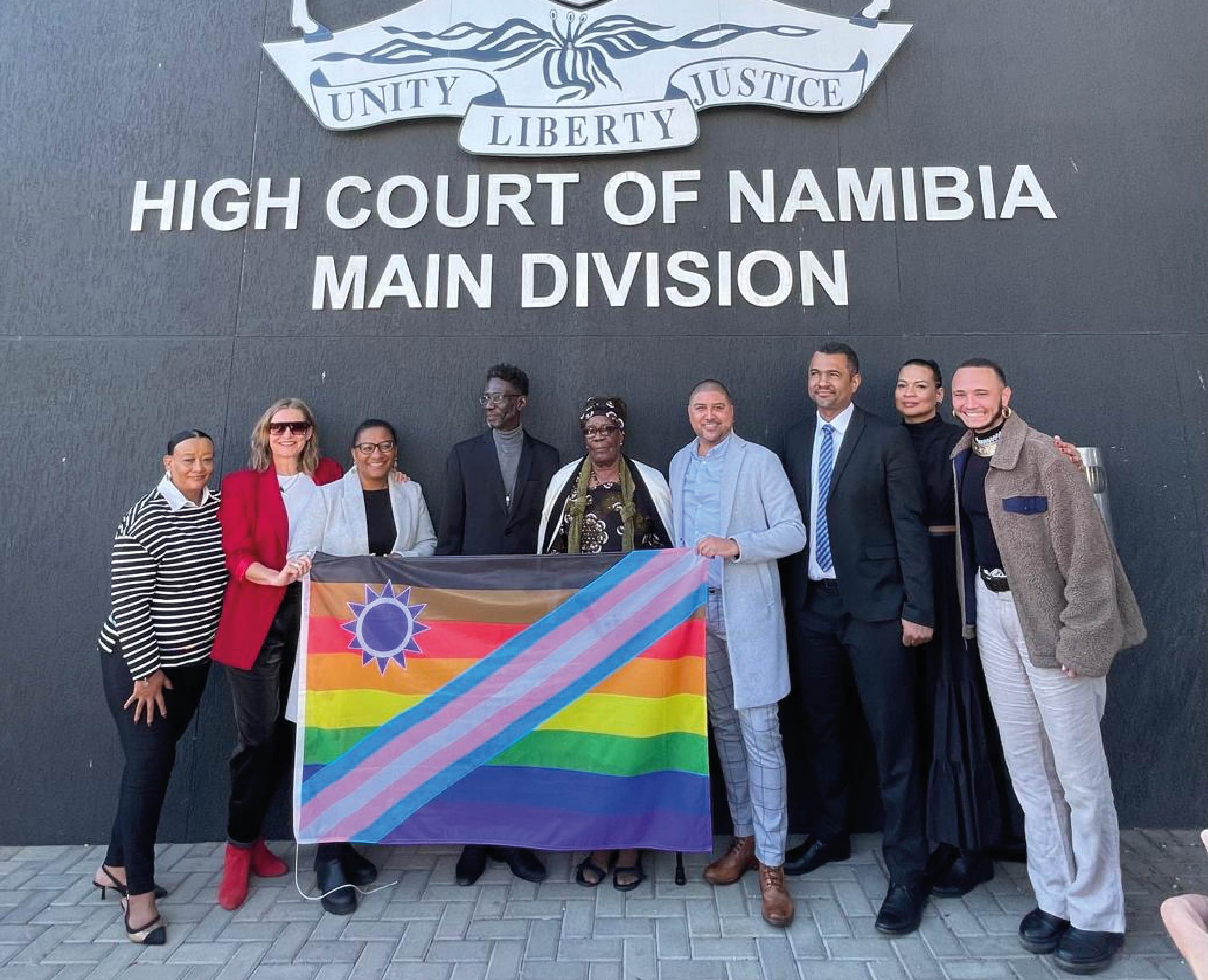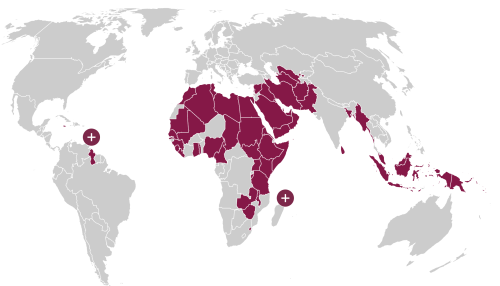In yet another historic decision that will echo loudly around the remaining criminalising countries in the Caribbean, the High Court of Barbados yesterday struck down discriminatory criminal laws that targeted lesbian, gay, bisexual and transgender (LGBT) people.
Sections 9 and 12 of the Barbados Sexual Offences Act, also known as the “buggery” and “indecency” laws, were remnants of the British colonial era and criminalised consensual same-sex intimacy. Under Section 9, punishment for breaking the law could be as severe as life imprisonment for men who engaged in same-sex sexual activity. Under Section 12, both men and women were criminalised and liable to imprisonment of up to 10 years.
Téa Braun, Chief Executive of the Human Dignity Trust, an international human rights organisation, said, ‘This is a resounding victory for LGBT people in Barbados, which is the third country in the region to decriminalise through the courts this year. The Trust is immensely proud to have provided technical assistance to these cases since 2015, and we heartily congratulate the whole team, especially the local litigants and lawyers who have doggedly pursued justice in the many years leading up to this momentous day.’
Barbados was one of only seven remaining criminalising countries in the Western Hemisphere, after the courts of both Antigua and Barbuda and St Kitts and Nevis struck down similar laws earlier this year.
There are now only six countries in the Americas where colonial-era laws criminalising LGBT people linger on the books. Today’s decision makes clear that the remaining few must now accelerate the repeal or striking down of these stigmatising laws.
The case was filed by two Barbadian LGBT advocates with local organisation Equals joining the case as community support, and regional LGBT umbrella organisation, the Eastern Caribbean Alliance for Diversity and Equality, convening the process.
René Holder-McClean-Ramirez, one of the claimants in the case, said, ‘I must thank everyone that was a part of this process. When I got into civil society organising, I quickly understood I was building on the work of countless others before me. I was benefiting from the gains they made, and I had lived examples from the hardships they faced. Today’s ruling is one step, one action of many impacting the LGBTQ+ community of Barbados. As it resonates with me, I already know there is more work to be done. We will continue on together.’
Raven Gill, founder of Butterfly Barbados and also a claimant, said, ‘Today was a pivotal moment for equality for all Barbadians and one more step in the journey towards more inclusivity for LGBT citizens. This will definitely mean that I and my community can navigate life with just a little more ease and comfort, in the knowledge that Barbados has taken a step to understand us and respect us.’
‘This decision shows that we are moving away from the colonial mindset that has been embedded into Barbadian society. We are pleased to see that combined advocacy efforts throughout the years have made a real difference,’ said Michael Rapley, Chair of Equals.
This and the other 2022 court victories in the Caribbean come hot on the heels of a landmark 2021 decision from a top regional human rights tribunal, finding that laws criminalising LGBT people across the Americas violate international law.
Notes to editors
- The case was presented in court by Caribbean lawyers Douglas Mendes SC, Westmin James and Kashka Hemans with technical support from the Human Dignity Trust. The judgment was delivered orally on 12 December 2022 and will be followed by full written reasons in January 2023.
- Visit the Human Dignity Trust’s interactive map to see which countries across the world continue to criminalise LGBT people.
- The Human Dignity Trust works with LGBT activists around the world to defend human rights in countries where private, consensual, same-sex sexual activity is criminalised. We provide free technical legal assistance to local organisations that are challenging laws that persecute people on the basis of their sexual orientation and/or gender identity.
For more information and to arrange interviews contact:
Emma Eastwood, Head of Strategic Communications, Human Dignity Trust
T: +44 (0)20 7419 3770 / E: [email protected] / Twitter: @HumanDignityT




